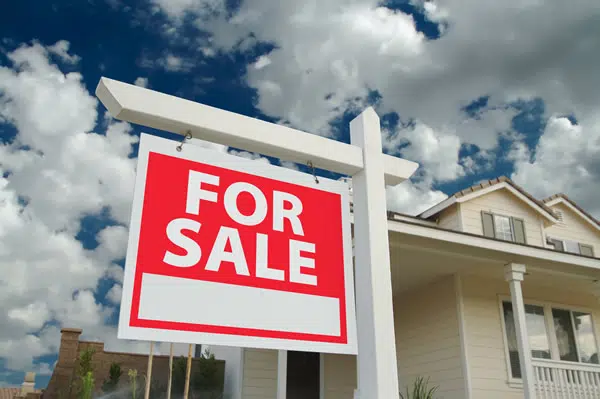
Vancouver’s empty homes tax to be self-declared, up to 2 per cent of value
VANCOUVER — Vancouver is proposing to tax homeowners by as much as two per cent of assessed value for units they declare vacant, with the hope of freeing up more supply in the city’s crunched rental market.
Mayor Gregor Robertson announced new details of the proposed tax on Wednesday ahead of a report going to council next week. The aim is for the levy to be in place for the 2017 tax year, with the first payments in 2018.
The tax is meant to encourage owners to rent out their empty homes in order to improve Vancouver’s vacancy rate, which has hovered near zero for years, Robertson said.
“This empty homes tax is not a silver bullet solution. This will not solve Vancouver’s rental home crisis or vacancy rates alone. But we expect this will be an important tool to start the shift to get more rental housing available to people who desperately need it,” he said.


